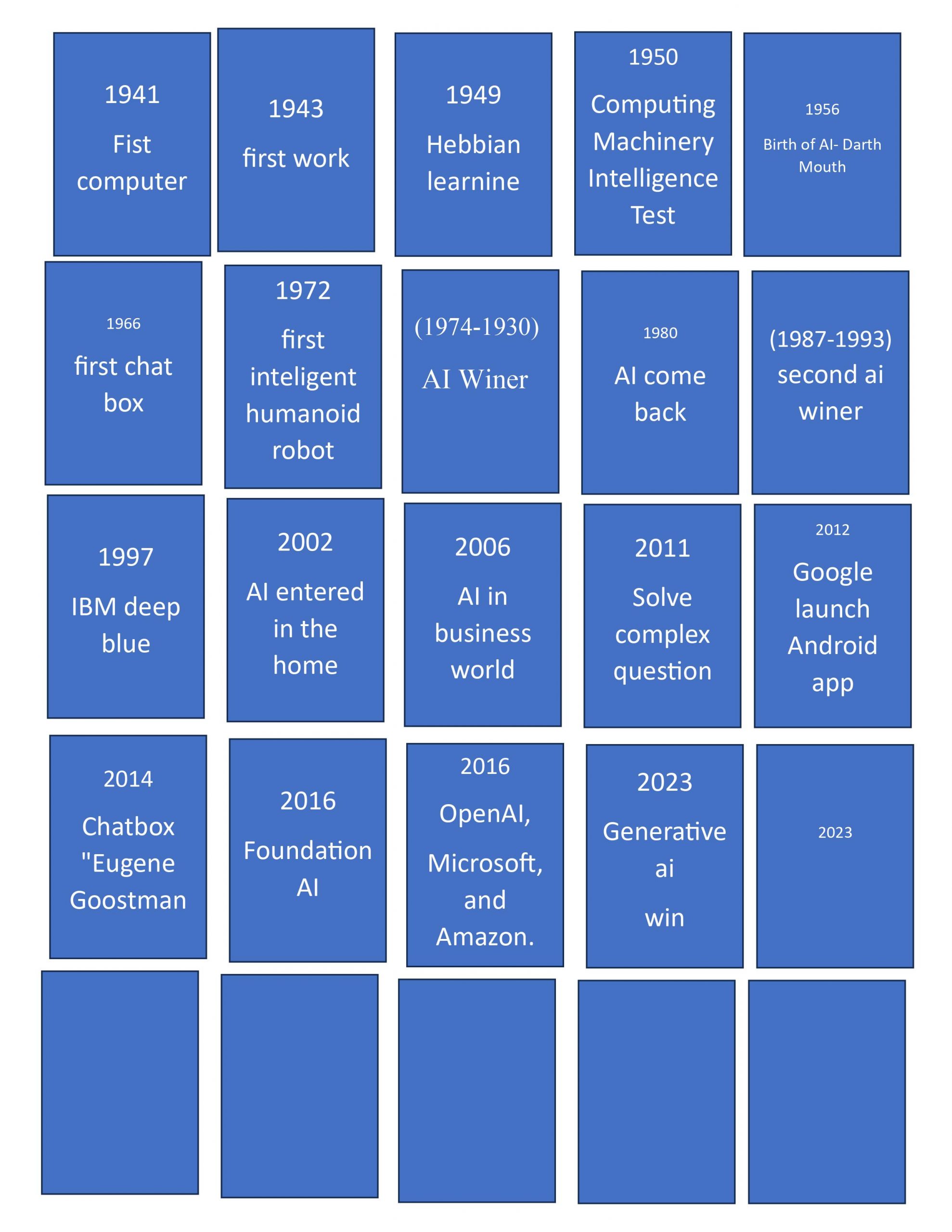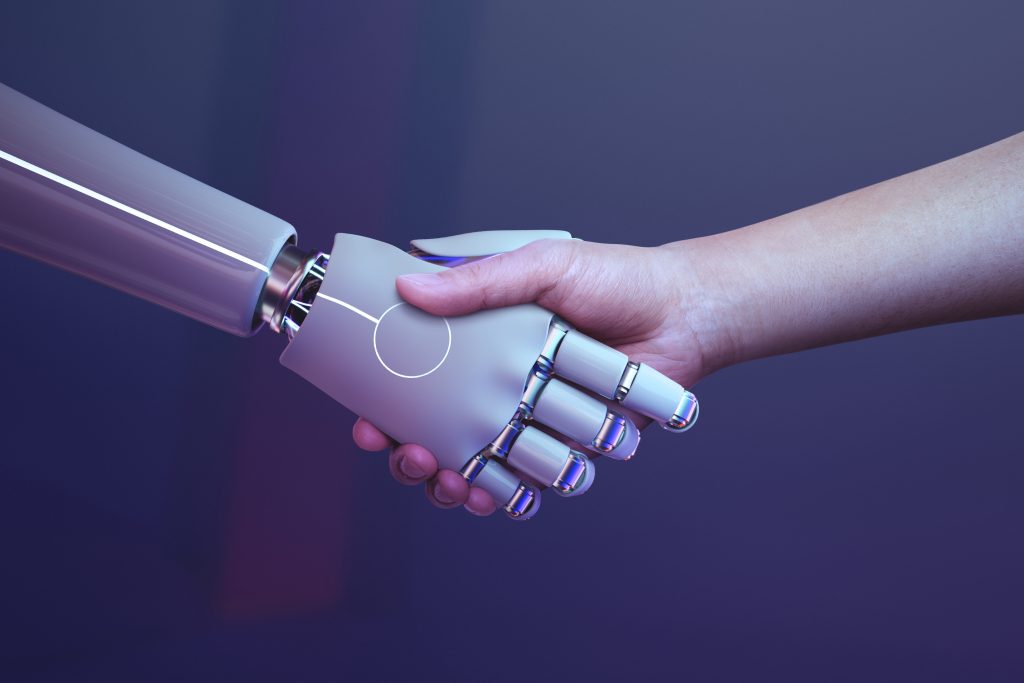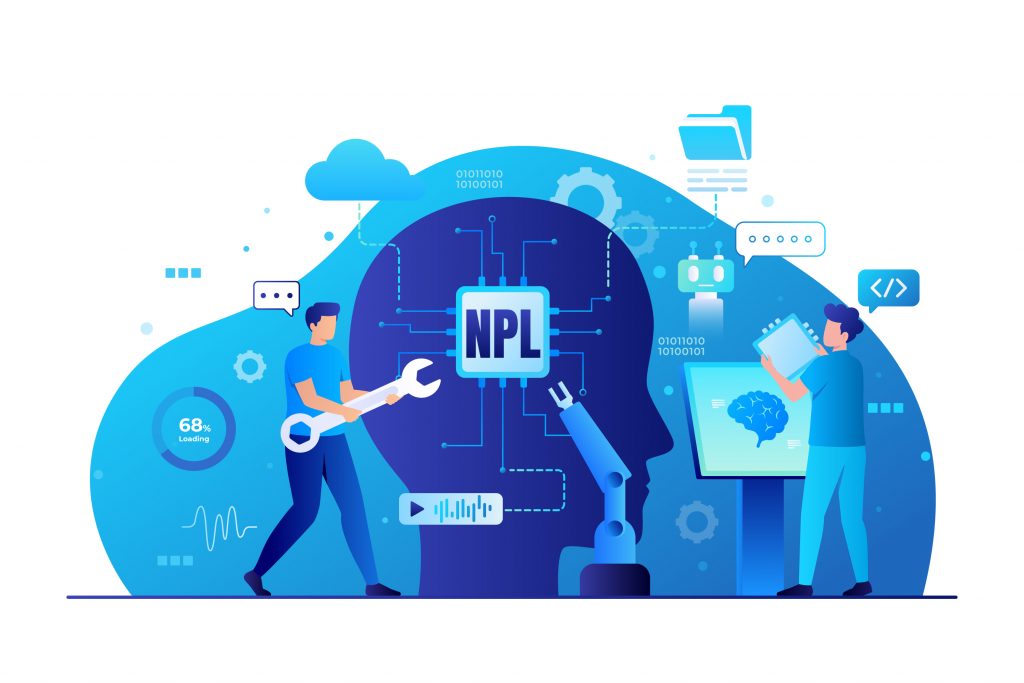Ai History development and foundation = areas of ai

ai history filter by qution
quiz
- generative ai history
- what is ai history
- ai history in legal advice
- in search of ai history
- ai history window
- ai history filter
- ai history generator
ai history filter part history
- 1941 =the initial computer ,even to run a singer program, they need to do many connection s it is used to be a complex task to do
- 1943 = first work recognize by warren mccullon
- r watter pits proposed a model of ai neurons
- 1949 = Donald hebb = update s modify connection strength b/w neurons called Hebbian learnine
- 1950 = Alan Turing Proposed atest. “Computing Machinery Intelligence Test tocheck machine ability by human Intelligence.
- 1956 =Birth of AI- Darth Mouth Conference adop the word Artificial Intelligence by american Scientist. (John McCoring)
- (till now the High level language – FORTAN, LISPEY (BOL)
- 1966 Joseph Weizen baum first chat box- ELIZA (researchers developing algo, which can solve mathematical Problem)
- 1972 =first inteligent humanoid robot – WABOT-1 made in Japan
- (1974-1930) AI Winer
- 1980 = AI come back with expert system, they programmed with decision making abilities are
- (1987-1993) =second ai winer ( hight cost result expert system like x com very costly )
- 1997 = IBM deep blue best would chess champion (Gary Kasparov)
- 2002 = AI entered in the home in form of Roomba, a vacuum cleaner.
- 2006 = AI in business world, testing AI.,Company like FB, twitter,et
- 2011 = IBM watson won jeopardy (a quiz show), it can Solve complex question I riddles.
- 2012 = Google launch Android app – ‘Google Now – provide info to user as a prediction. Provide
- 2014 = Chatbox “Eugene Goostman” won a competition in the famous turing test.
- 2016 = Foundation AI was founded in 2016 by a team of researchers from Google, OpenAI, and other leading AI companies. The lab is funded by a consortium of technology companies, including Google, Microsoft, and Amazon.
- AI developed high level deep learning, big data data science tren like boom, company like PB, Amazon, 18M create amazing devices Google

Smart speaker with Alexa (Blue) buy now Virtual assistants: smart ai
ai history filter by history
artificial intelligence (AI):
History of AI:
1. Early Concepts (Antiquity to 20th Century):
- The concept of artificial beings with human-like intelligence dates back to ancient civilizations, but it gained more formal attention in the 20th century.
2. Birth of Computer Science (1930s – 1940s):
- The development of computers and digital technology provided a foundation for AI. Pioneers like Alan Turing and John von Neumann contributed to early AI theory.
3. Dartmouth Workshop (1956):
- The Dartmouth Workshop, led by John McCarthy, coined the term “Artificial Intelligence” and laid the groundwork for AI as an interdisciplinary field.
4. Early AI Research (1950s – 1960s):
- Researchers began developing symbolic AI systems, including rule-based expert systems.
5. First AI Winter (1970s – 1980s):
- Due to unmet expectations and challenges, AI research faced a decline in funding and interest, leading to the first “AI winter.”
6. Expert Systems (1980s):
- Expert systems, which used rule-based reasoning, gained popularity and were applied in various domains.
7. Neural Networks (1980s – 1990s):
- The reemergence of neural networks, inspired by the human brain, led to advancements in machine learning and pattern recognition.
8. Second AI Winter (1990s):
- The second AI winter occurred due to high expectations and underwhelming results, particularly in the commercial sector.
9. Rise of Machine Learning (2000s – Present):
- Machine learning, data-driven AI, and deep learning technologies saw significant advancements, driving AI applications in areas like image recognition and natural language processing.
ai history filter foundation
Foundational Concepts of AI:
1. Symbolic AI: Early AI systems used symbolic logic and knowledge representation to solve problems by manipulating symbols.
2. Machine Learning: This approach involves training algorithms to learn from data and make predictions, leading to advancements in areas like image and speech recognition.
3. Neural Networks: Inspired by the structure of the human brain, artificial neural networks are a key component of deep learning and have led to major breakthroughs in AI.
4. Expert Systems: These rule-based systems encode human expertise and were applied in areas like medical diagnosis and decision support.
5. Natural Language Processing (NLP): NLP enables computers to understand and generate human language, leading to applications like chatbots and language translation.
6. Robotics: AI-driven robotics involves creating autonomous or semi-autonomous machines capable of interacting with the physical world.
7. Ethics and Bias: As AI systems become more pervasive, addressing ethical concerns, transparency, and bias in AI decision-making has become a critical aspect of AI development.
ai history filter more realeted
more realeted
what is AI // क्या है ai //type of ai
Reinforcement learning- (RL)-What is RL in reinforcement?-introduction
first Python programming-introduction Python programming


